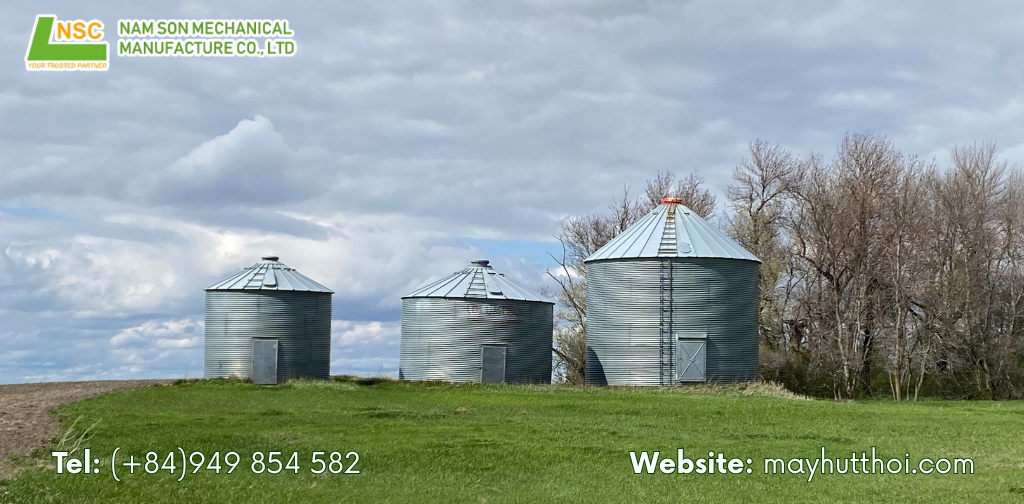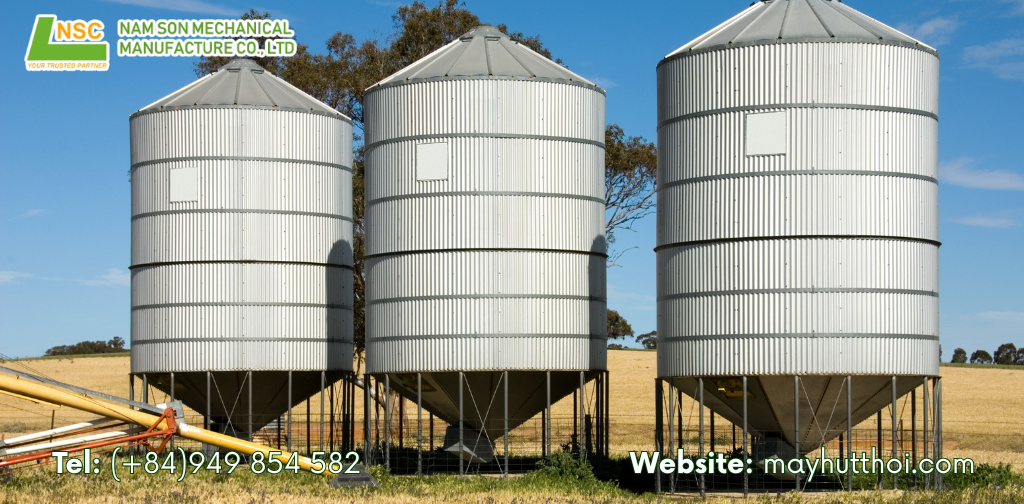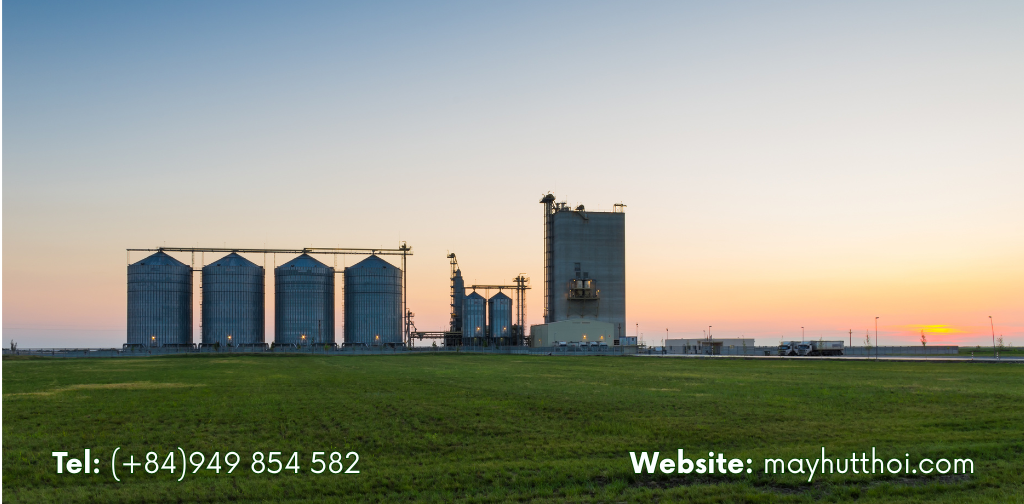


A reliable grain silo for a farm is more than just a place to store grain; it’s a vital investment that safeguards crop quality, minimizes post-harvest losses, and optimizes storage capacity. From corn, wheat, soybean, and rice silos to bulk, vertical, and temperature-controlled designs, modern systems ensure a steady feed supply for livestock, support organic and sustainable farming practices, and give farmers the flexibility to sell when market conditions are most favorable. Choosing the right silo means protecting your harvest, securing profitability, and strengthening your farm’s long-term success.
SEE MORE: Grain silo storage basics every agribusiness should know



SEE MORE: Flat-bottom vs hopper-bottom grain silos: Which one should you choose?


Copyright © 2016 Nhuamisa